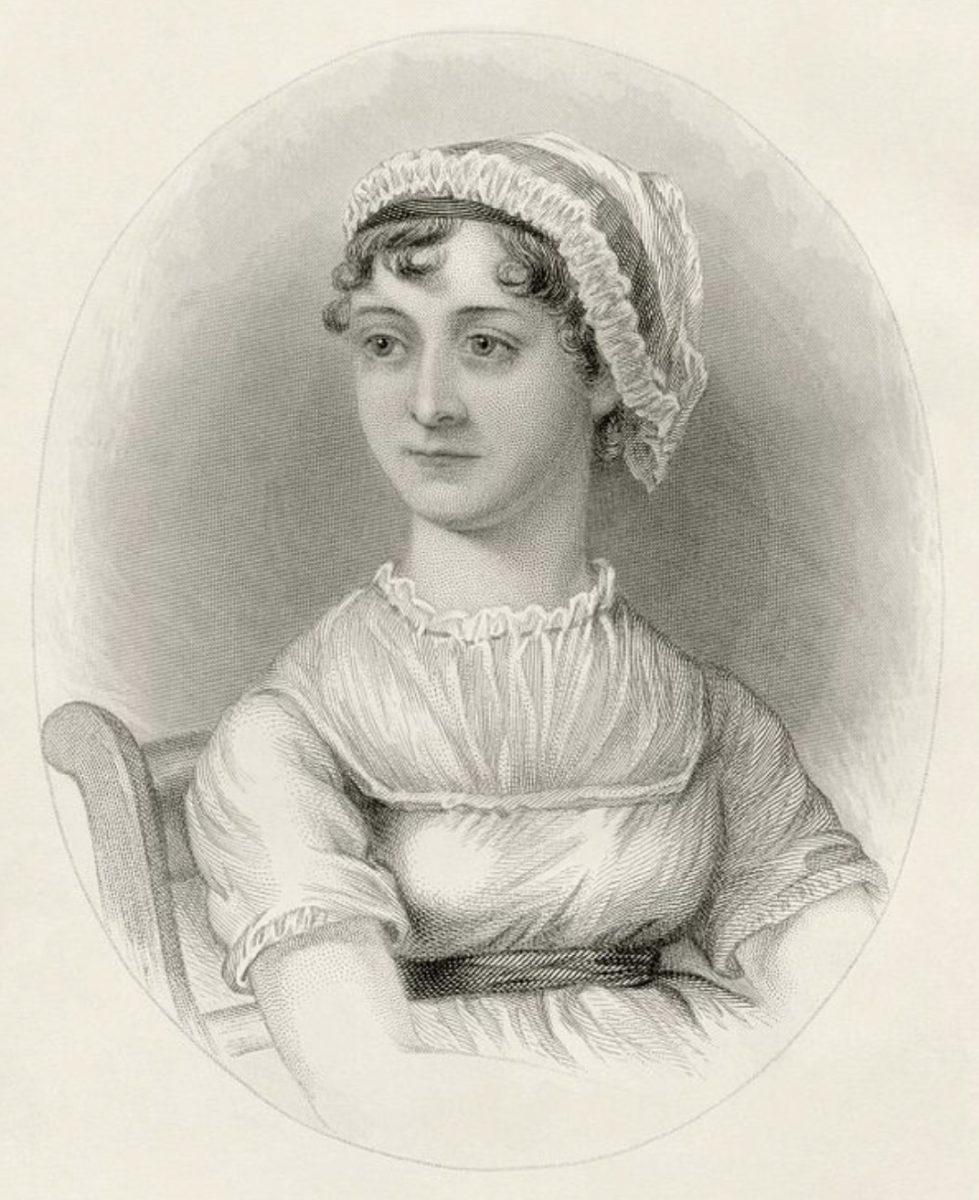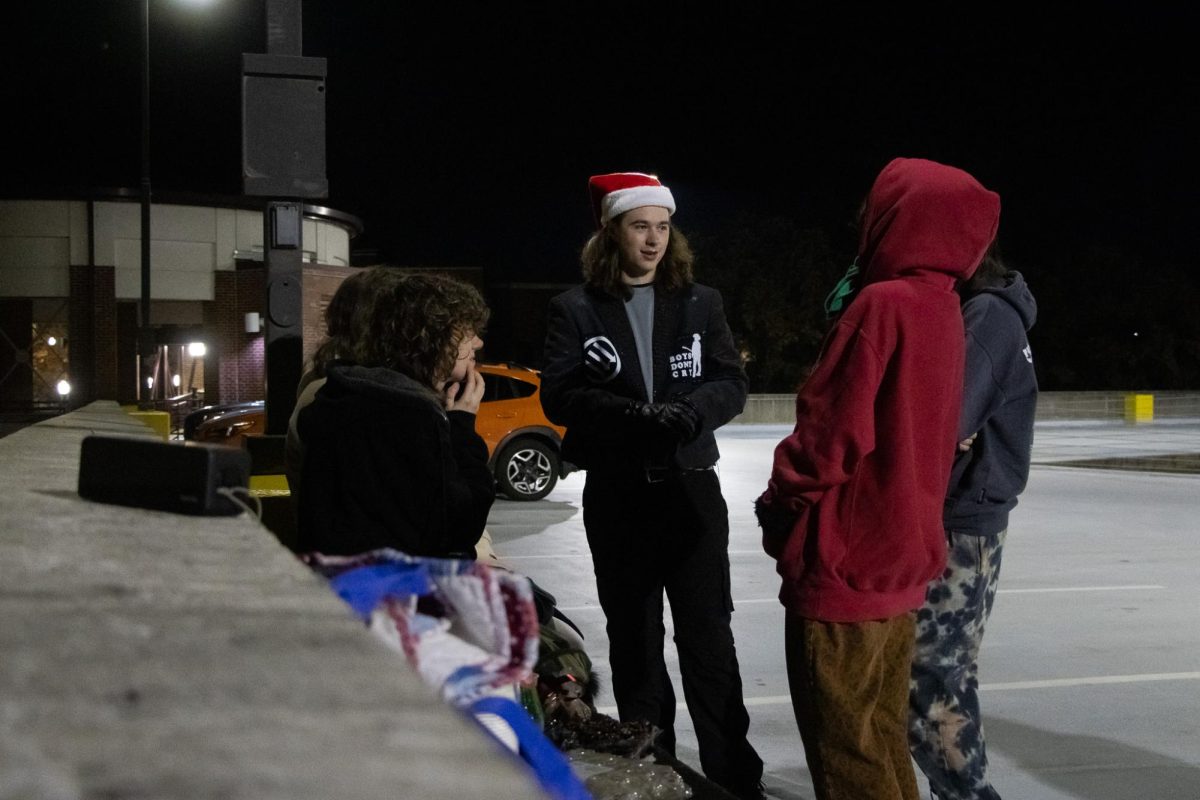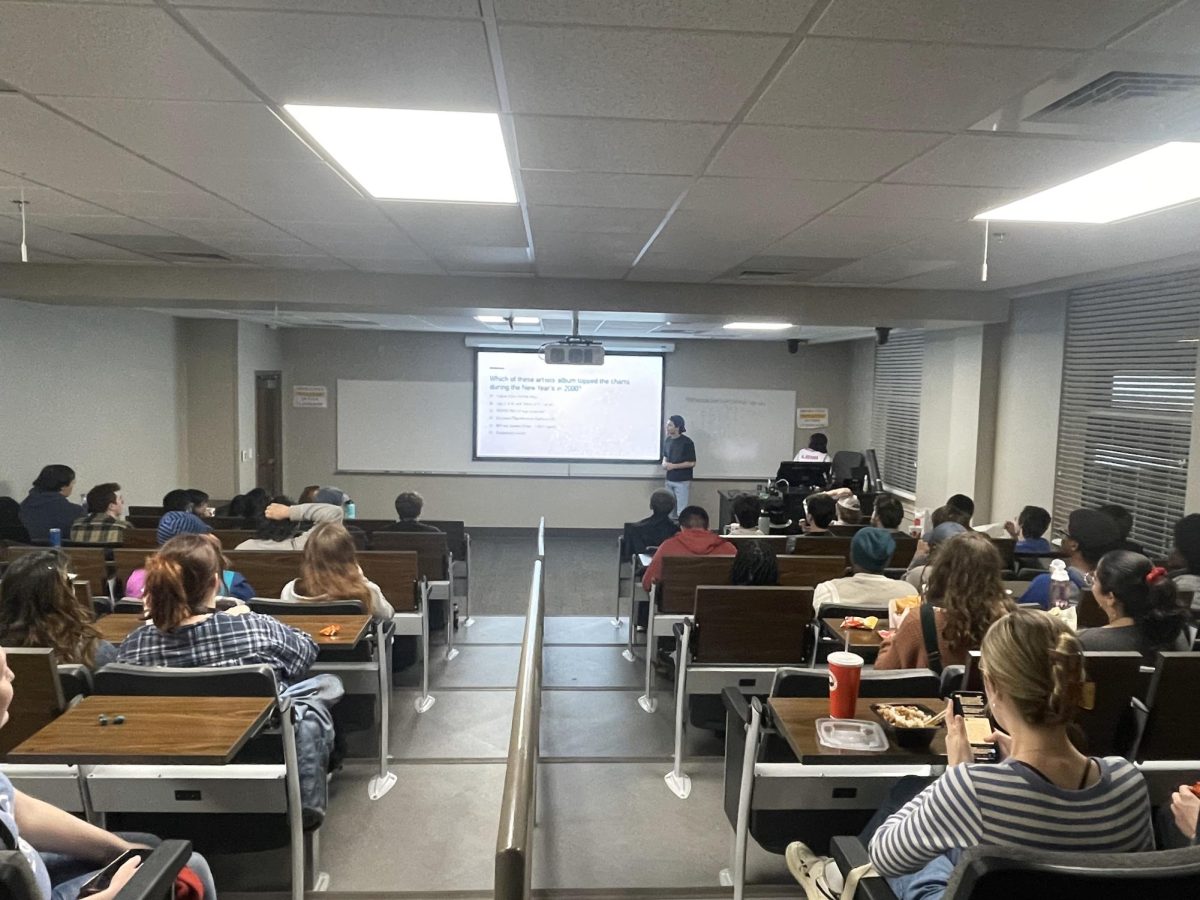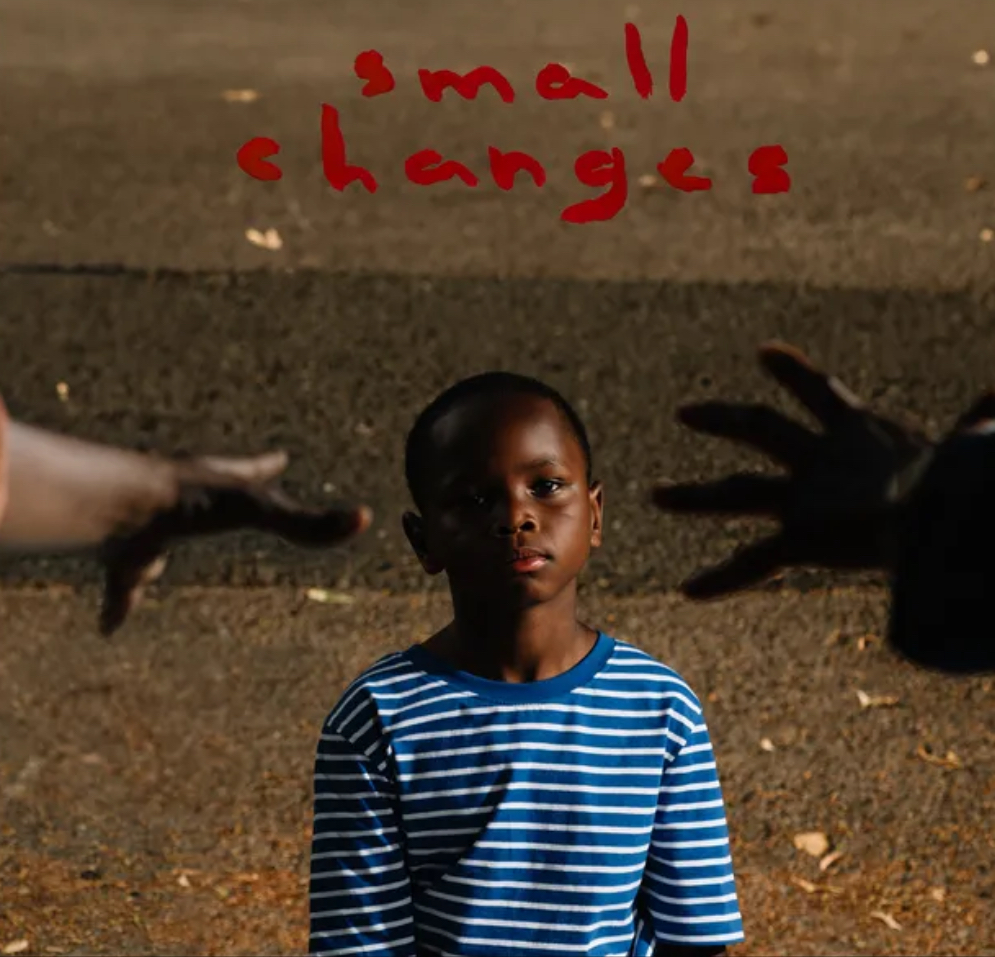After witnessing children fight with baboons for food, experiencing the corruption of government and developing relationships with citizens, one student returned from Zimbabwe ready to make a difference.
Colter Longshore, a senior majoring in telecommunication and film and history, traveled to Zimbabwe in July with Cry of Africa. On his return home, Longshore decided to start a Cry of Africa chapter at the University of Alabama.
Cry of Africa originated in 2005 when Wales Goeble, a minister and founder of Save a Life, was on his way to Zambia and made a stop at Victoria Falls, Zimbabwe, Longshore said. Goeble and his friend Eddie Linch were escorted by their server Tinashe Zvarehwanashe to a town dump to see homeless children fighting each other and baboons for food.
Longshore said Goeble was struck by this image and decided Zimbabwe is where he needed to stay. Goeble’s café server, Zvarehwanashe, is now the on-site COA director in Zimbabwe. Now, Goeble has stepped down and board member’s lead the organization, including Longshore’s father, Billy Longshore.
“They help sponsor schools, because a lot of schools there are in a lot of need,” Longshore said. “They help build schools, put in water wells and put in feeding centers. The overall goal is to reach the whole country starting from Victoria Falls to alleviate hunger and poverty.”
The biggest challenges Longshore said were bringing resources into the country because of the 80 percent tariff Zimbabwe has on imported goods. Longshore said the Zimbabwe government charged the COA group $1000 for 20 crates full of school and medical supplies. Inflation is also a big problem in Zimbabwe that makes estimating project budgets difficult.
“The difficulty of it is part of what draws me to it,” Longshore said. “Because it seems really impossible is why I felt called to start the UA chapter of Cry of Africa support group.”
Abby Head, a freshman majoring in nutrition who also traveled to Zimbabwe with COA, said she was amazed by how the people responded to the living conditions they were dealt.
“These people have only the bare essentials, and yet they are perfectly content and joyful in their situation,” Head said.
Head wants others at the University to travel to Zimbabwe to become aware and impacted by their needs.
“Hearing about what needs to be done is one thing, but to be able to see it with your own eyes really allows for you to have a better grasp on the situation and can clarify your vision for helping,” Head said.
Longshore said he aspires for the University’s chapter to meet every other week to develop relationships among the group and figure out the logistics of how to move forward. His goal for the spring semester is to start fundraising for a project and have a clear direction for the UA chapter. Longshore said the biggest takeaway from the trip was the relationships he developed with the Zimbabweans, and continues to show them love in spiritual, financial and emotional support.
“I want our campus chapter to develop relationships with the people working for Cry of Africa in Zimbabwe,” Longshore said. “I felt like we were these Americans there to save the day and give ‘candy,’ when that’s not going to make a difference. What will make a difference is the organic spread of love from community to community.”
To get involved with Cry of Africa, join the Facebook group, Cry of Africa UA Chapter or email Colter Longshore at [email protected].









